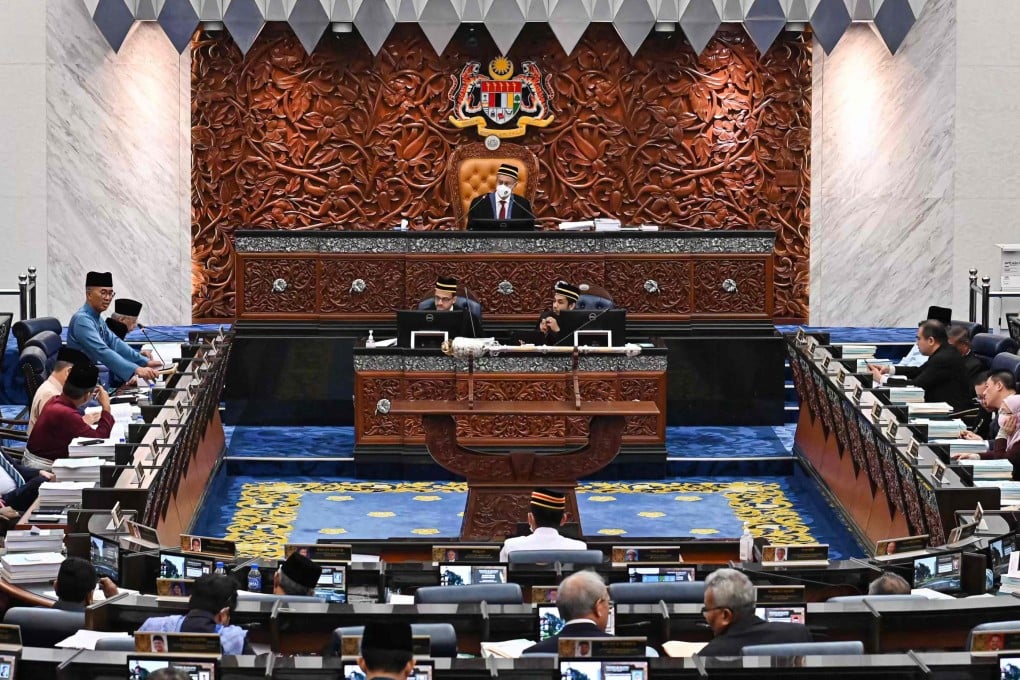Asian Angle | How a hung parliament could help stabilise Malaysian politics
- Three national coalitions and three regional blocs are fighting for power in Malaysia’s coming general election
- No one group is expected to win a simple majority, but countries like Germany and New Zealand show how a hung parliament provide balance to the legislature

In Malaysia, political stability is traditionally perceived as synonymous to dominance. Until 2008, leaders had always governed with a two-thirds majority. It has thus been unsettling for many voters that no single political bloc has commanded even a simple majority in parliament since 2020.
When the powerful Barisan Nasional (National Front) coalition, dominated by the United Malays National Organisation (Umno) party, was ousted in 2018 after some six decades of rule, many had hoped Malaysia would usher in a stable, British-style biparty system between Barisan Nasional and the new ruling coalition, Pakatan Harapan (Alliance of Hope).
However, both coalitions broke down, resulting in a hung parliament the past two-and-a-half years.
In the coming election, three national coalitions will vie for national dominance while three regional blocs in Sabah and Sarawak, the two eastern states on Malaysian Borneo, aim to be kingmakers.
